
A meeting was held on 20th December 2024 in the office of the Secretary, Higher, Technical & Special Education (HT&SE), Gilgit-Baltistan, to discuss the survey on the demand and supply of skilled manpower in the region, in compliance with the directives of the Honorable Prime Minister. The meeting, chaired by Mr. Farid Ahmad, Secretary HT&SE, was attended by Mr. Riaz Ahmad, Secretary IT, Additional Secretary Social Welfare and Women Development, Deputy Secretary Tourism, Deputy Secretary Industries, Mr. Atif Mehmood, Program Component Manager from GIZ, other members of the GIZ TVET Sector Support Program, Director Technical Education GB, Director NAVTTC GB, Deputy Director Technical Education GB and Deputy Director Coordination HT&SE.
In his opening remarks, the Secretary HT&SE welcomed all participants and emphasized the importance of aligning workforce development strategies with the market demands of Gilgit-Baltistan. He highlighted the need for collaborative efforts to conduct a comprehensive survey, which would address the region’s workforce challenges and contribute to equitable growth.
Mr. Atif Mehmood from GIZ presented the EU and BMZ-supported program for KP, GB, and Balochistan, covering key initiatives such as the National Vocational Qualifications Framework (NVQF), the National Skills Information System (NSIS), and the draft National Skills Strategy for Pakistan. The GIZ team also introduced the National Vocational Qualification System (NVQS) Portal, a digital platform designed to centralize TVET data and align policies with market requirements.
Discussions focused on the survey’s objectives, including assessing market needs, addressing skill gaps, and promoting equitable opportunities for workforce development. Stakeholders stressed the inclusion of underrepresented sectors such as tourism, IT, women entrepreneurship, and local crafts, alongside integrating modern technology and capacity building to align with national and global trends. Key activities under the GIZ TVET program were reviewed, including digitalizing key processes, training personnel in evidence-based TVET management, and supporting international accreditation. Targets included drafting four TVET plans, generating 40 data-driven recommendations, training 300 TVET personnel, and affiliating 10 institutes with international accreditation bodies.
The Secretary HT&SE assured full support for the successful execution of the survey. Departments pledged to provide necessary data and resources, while GIZ committed to providing a detailed framework and methodology, including timelines and reporting formats. The Technical Education Department was tasked with identifying key sectors and trades for workforce development. NAVTTC and other TVET stakeholders agreed to align the survey findings with the NVQF and NSIS frameworks.
The meeting concluded with the Chairperson thanking the GIZ delegation and all participants for their proactive contributions. He reaffirmed the importance of coordinated efforts to ensure the survey’s success, which will serve as a foundation for effective skill development strategies in Gilgit-Baltistan.
(Directorate of Technical Education & Skill Development GB)










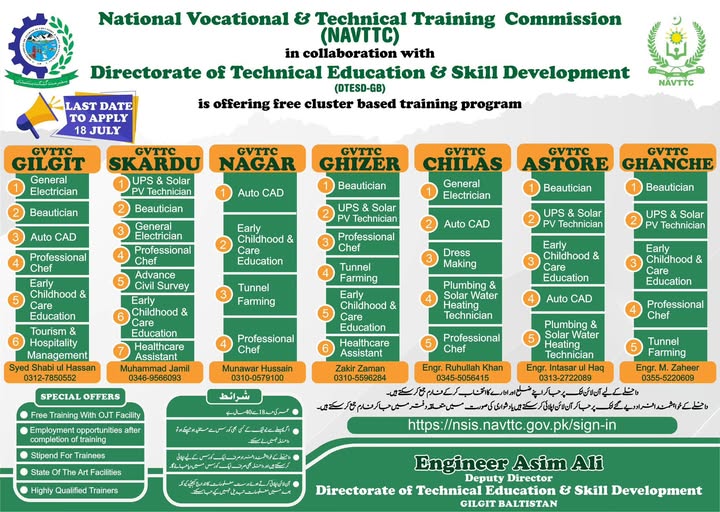
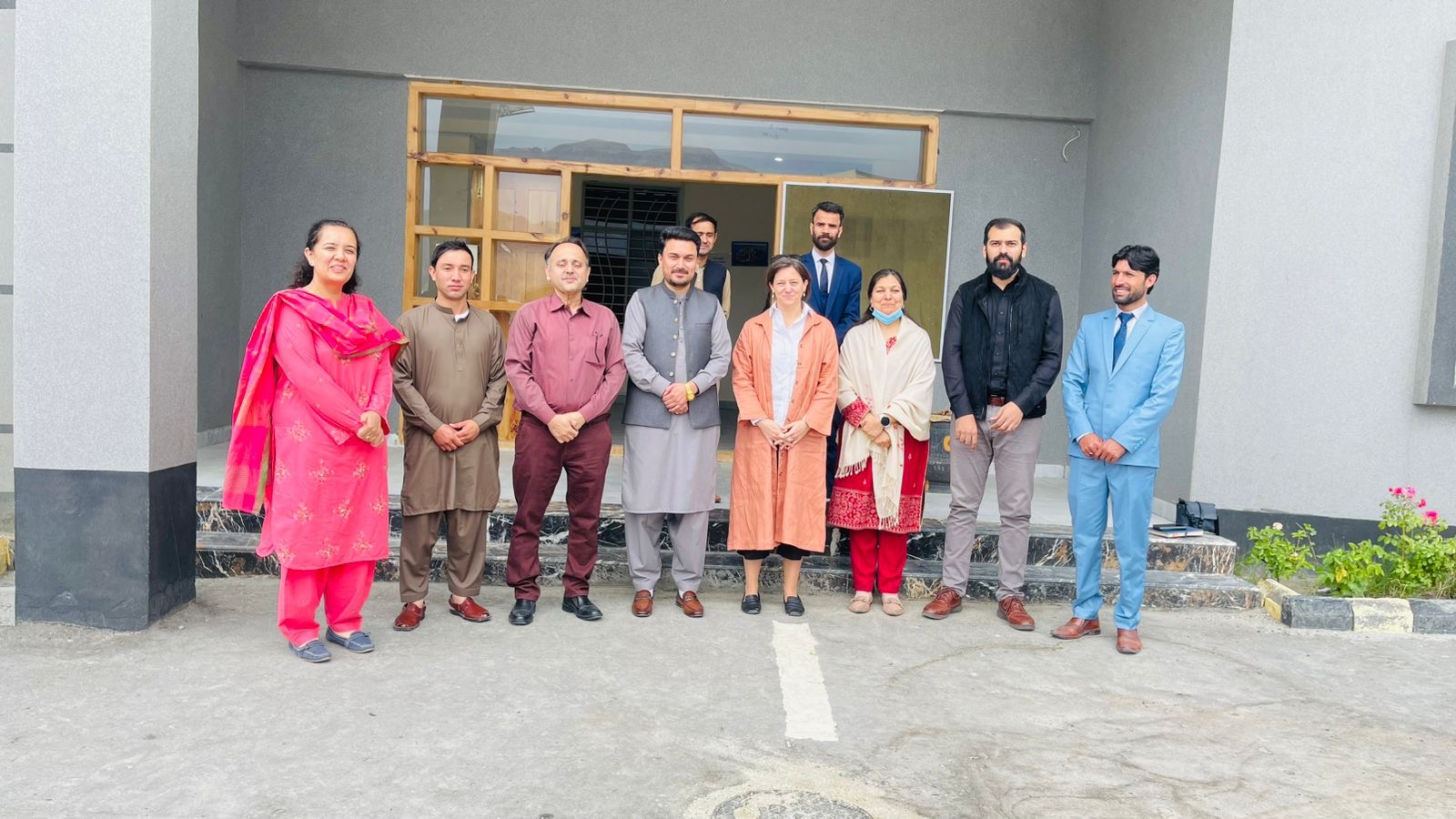
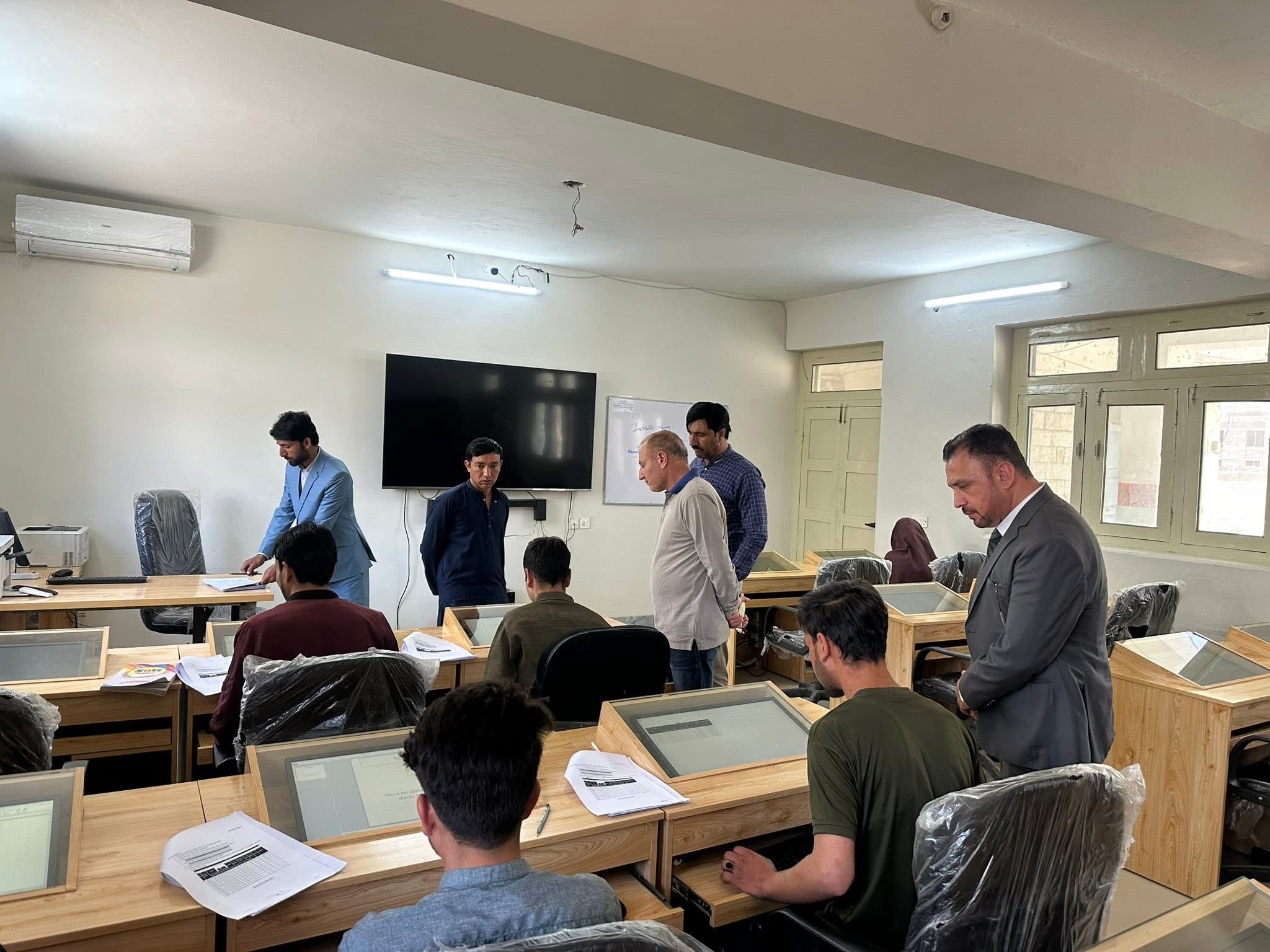
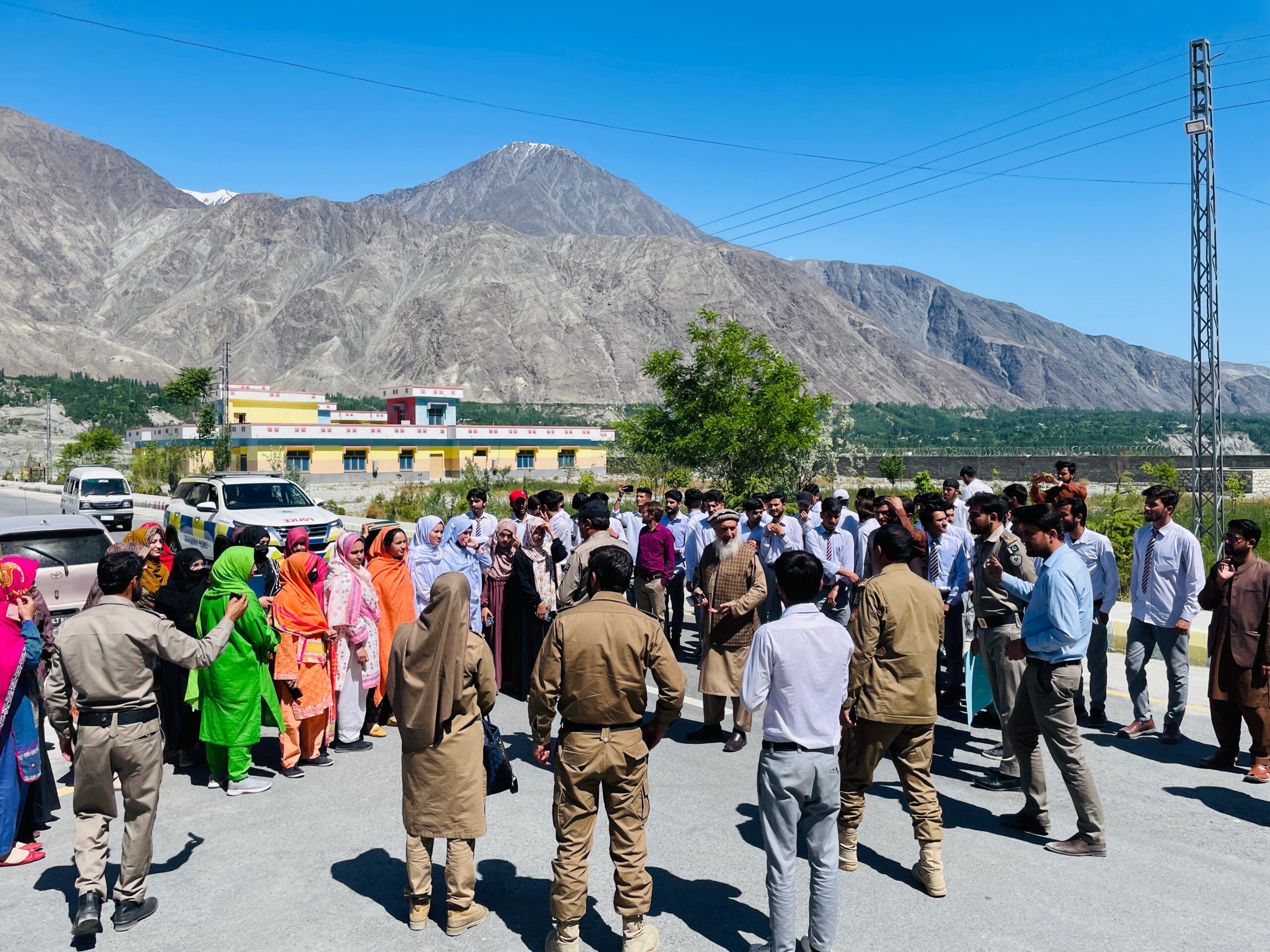
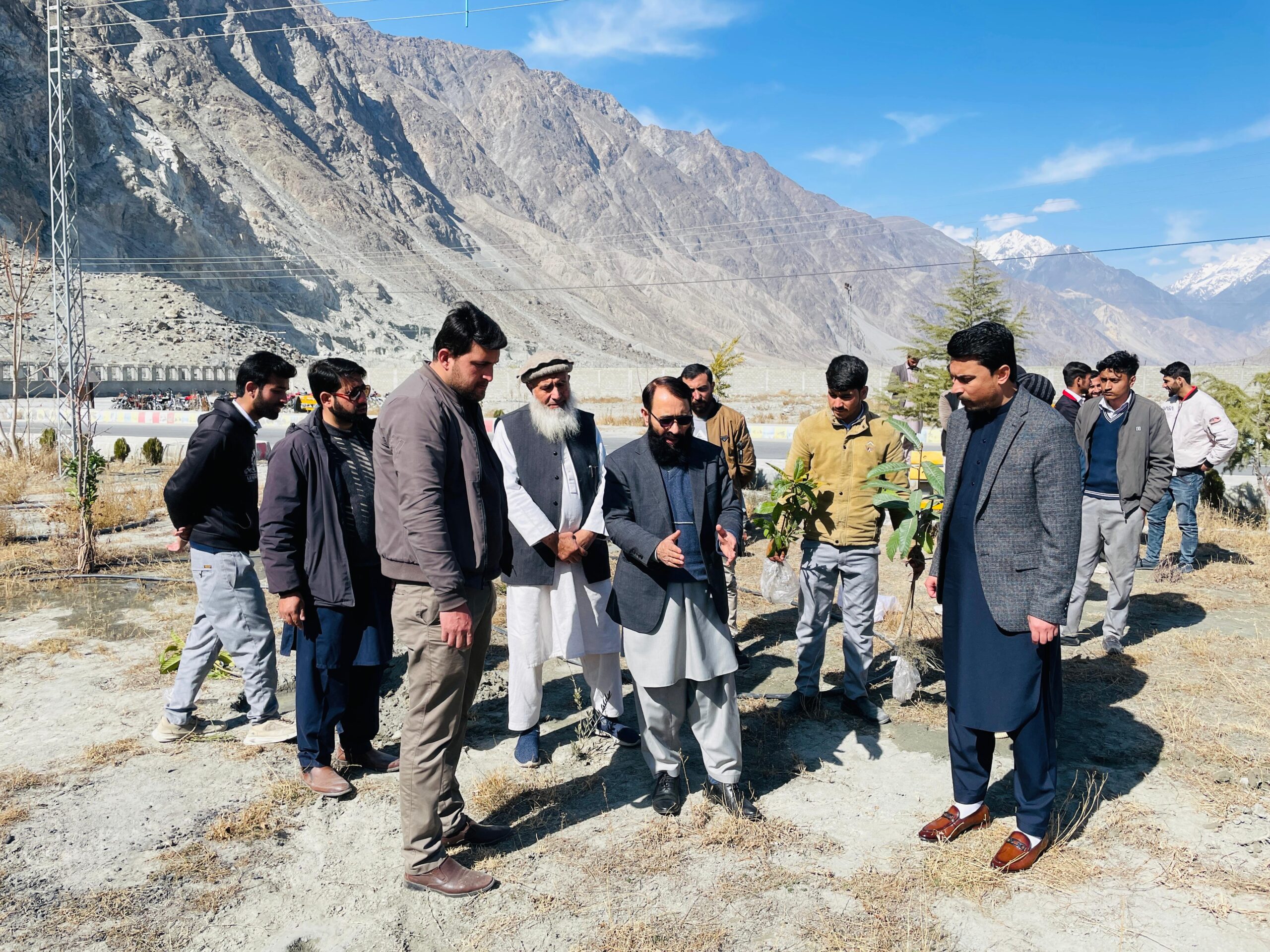
Leave a Reply